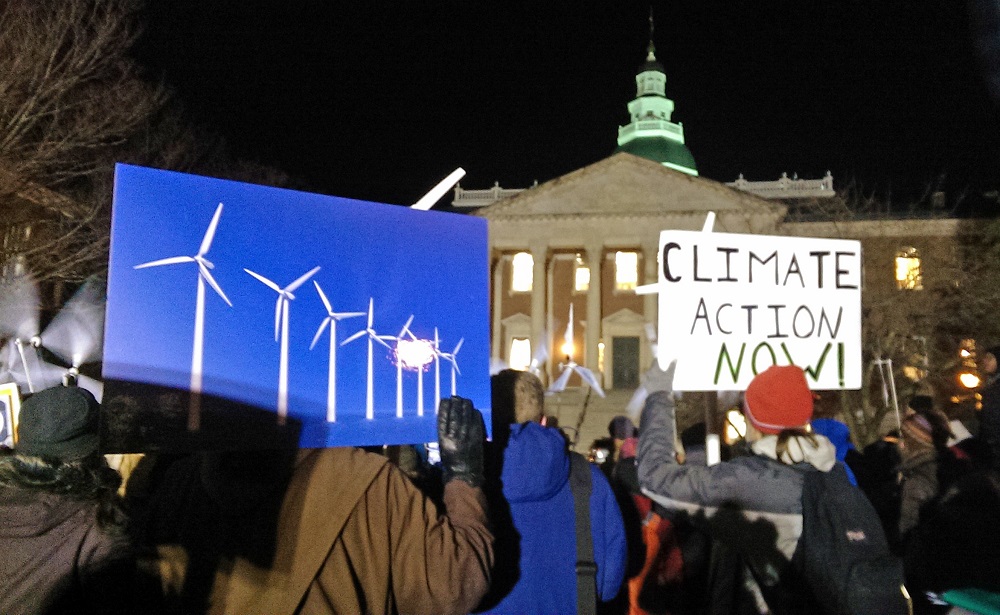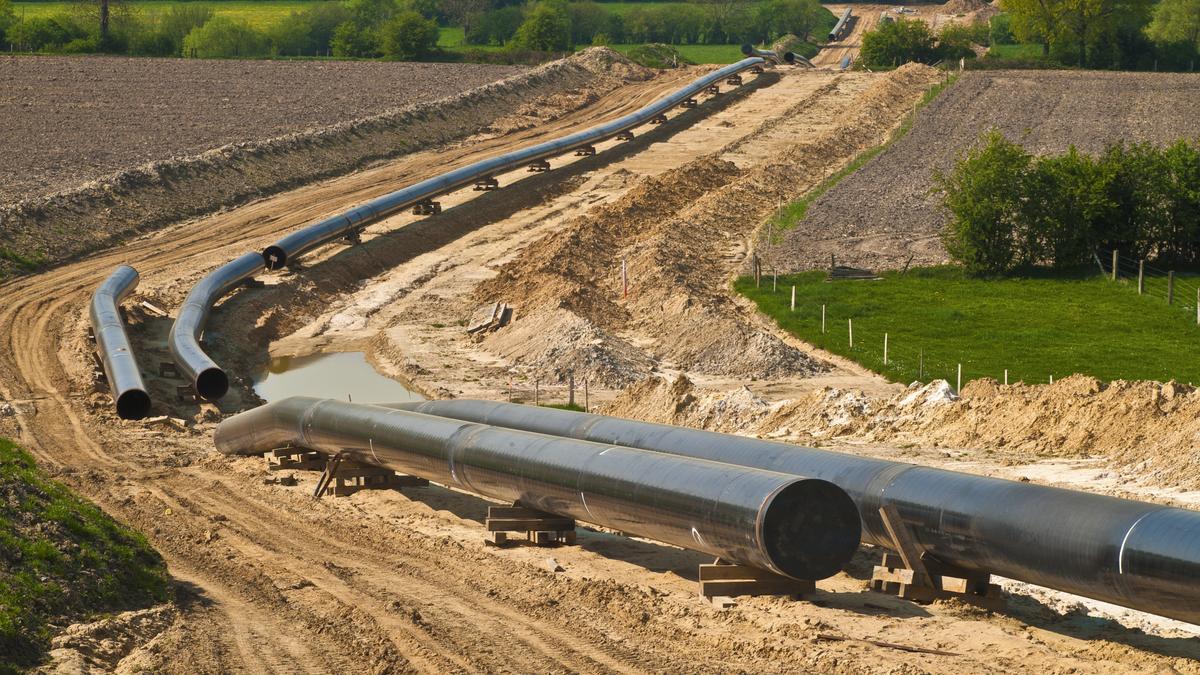On eve of Senate hearing, polling shows sixty-eight percent of state voters support either a legislative moratorium or a ban on fracking
ANNAPOLIS, Md.—Poll results released today show that a strong and bipartisan majority of Maryland voters—more than two-thirds—believe that the General Assembly should pass legislation to put a long-term hold on the practice of fracking for natural gas in Maryland. Advocates pointed to the poll as further evidence that 2015 fracking moratorium legislation, which is slated for a Senate hearing tomorrow afternoon, reflects the will of state voters.
In recent weeks, Washington Post and Goucher polls have also showed that a majority of Marylanders oppose fracking and are worried about major risks it would pose to water resources. The poll released today differed by specifically asking Maryland voters how they believe the state legislature should act on fracking.
The results of the poll, conducted by the nonpartisan firm OpinionWorks, show that:
- Support for action is strong: Sixty-eight percent of Maryland voters believe the General Assembly should put either a long-term moratorium (43%) or an outright ban (25%) on fracking.
- Support for action is bipartisan: A majority of Republican voters polled—56 percent—support a long-term moratorium or ban, alongside nearly three-quarters of Democrats.
- Marylanders want the General Assembly, not Governor Hogan, to make the call: In fact, more Marylanders want the General Assembly to ban fracking outright (25%) than want legislators to leave the decision up to Governor Larry Hogan (20%).
“This poll confirms that Marylanders are looking to the General Assembly for leadership,” said Shilpa Joshi, Maryland campaign coordinator at the Chesapeake Climate Action Network. “By passing a moratorium on fracking in 2015, state legislators will be ensuring the health and safety of all Marylanders and responding to the will of voters.”
The Protect Our Health and Communities Act (HB 449/SB 409), introduced in early February by Senator Karen Montgomery, Delegate David Fraser-Hidalgo, and 51 legislative co-sponsors, will be heard Tuesday afternoon in the Senate Education, Health and Environmental Affairs Committee. The bill would place an eight-year hold on the issuance of drilling permits in Maryland. Scientists and health professionals have said that a long-term moratorium is required to fully understand the nature and severity of the long-term cumulative health risks of drilling and fracking.
“Dozens of peer-reviewed scientific studies indicate inherent risks to public health and the environment from fracking wherever it occurs,” said Ann Bristow, PhD, a Garrett County resident who was a commissioner on the state’s Marcellus Shale Advisory Commission and is a cofounder of Concerned Health Professionals of Maryland. “The Maryland public is rightly worried about these risks. It’s time for the General Assembly to follow the lead of New York and take action to protect our communities from potentially irreversible harm.”
Ahead of tomorrow’s committee hearing, legislators, advocates, business owners, health professionals and scores of concerned state residents will hold a noon rally on Lawyers’ Mall in support of a long-term moratorium on fracking.
In February, more than 100 Maryland health professionals sent a letter to the General Assembly leadership in support of a long-term moratorium. Tomorrow’s rally is hosted by the “Don’t Frack Maryland” coalition, which includes more than 100 public interest organizations, businesses, health professionals and faith groups committed to passing a long-term moratorium on fracking in Maryland.
The OpinionWorks poll, commissioned by the Chesapeake Climate Action Network, surveyed 500 randomly-selected Maryland registered voters between February 3, 2015 – February 11, 2015 and carries a margin of sampling error no greater than ±4.5%.
Advocates are using the hashtag #DontFrackMd to share updates and information on the legislation and related events.
View the OpinionWorks memo on the fracking poll results.
View the infographic on the poll results.
Contact:
Shilpa Joshi, 240-396-2029, shilpa@chesapeakeclimate.org
Kelly Trout, 240-396-2022, kelly@chesapeakeclimate.org
###
Background: More than 425 peer-reviewed scientific studies on the effects of shale gas development now exist, and 75 percent of those have been published since January 2013. Of the 49 studies that investigated the health effects of fracking, 47 – over 96 percent – found risks or adverse health outcomes. Maryland’s Institute for Applied Environmental Health (MIAEH) also concluded that the likelihood of negative public health impacts was “high” or “moderately high” in 7 of 8 areas studied.










